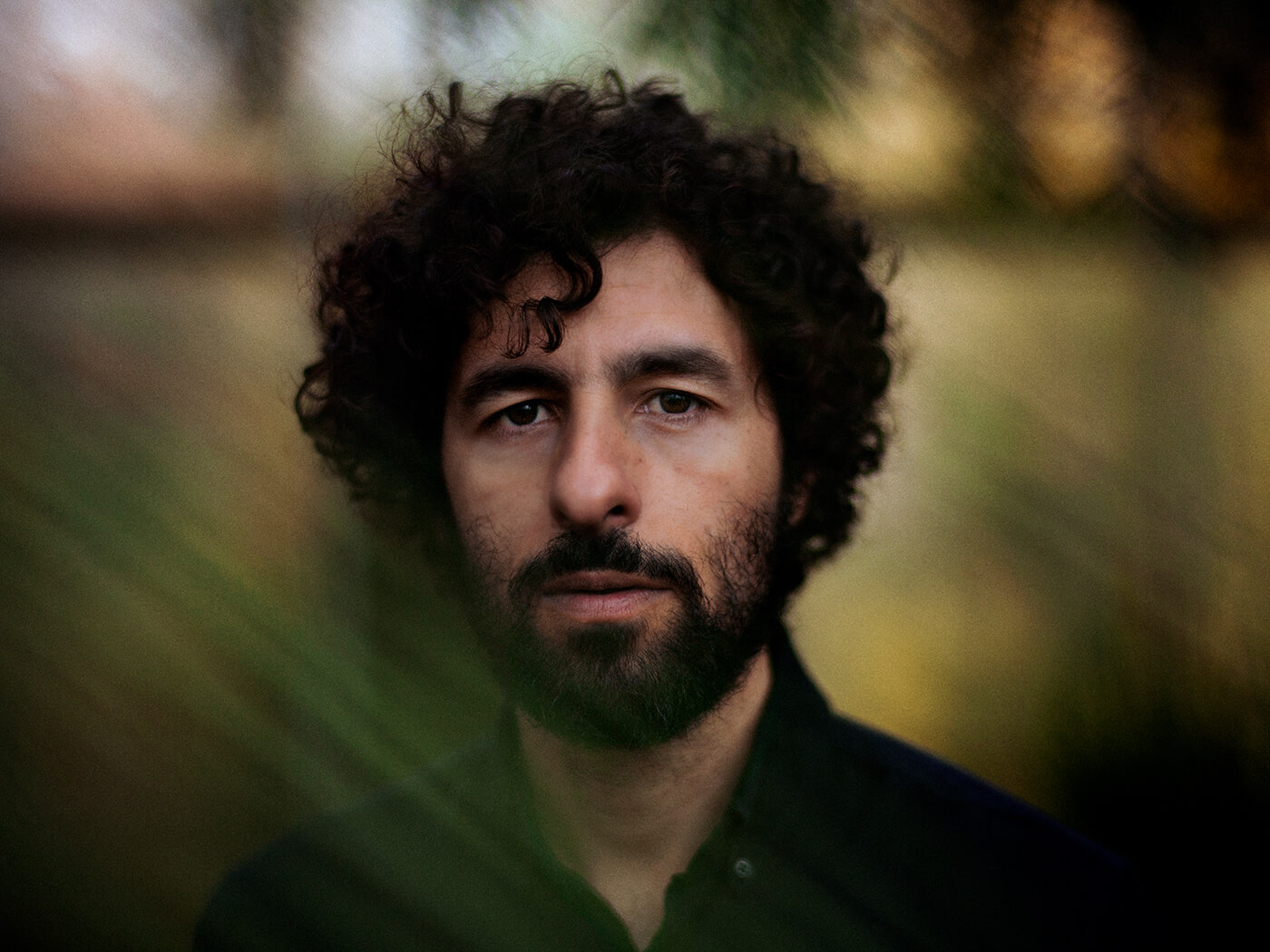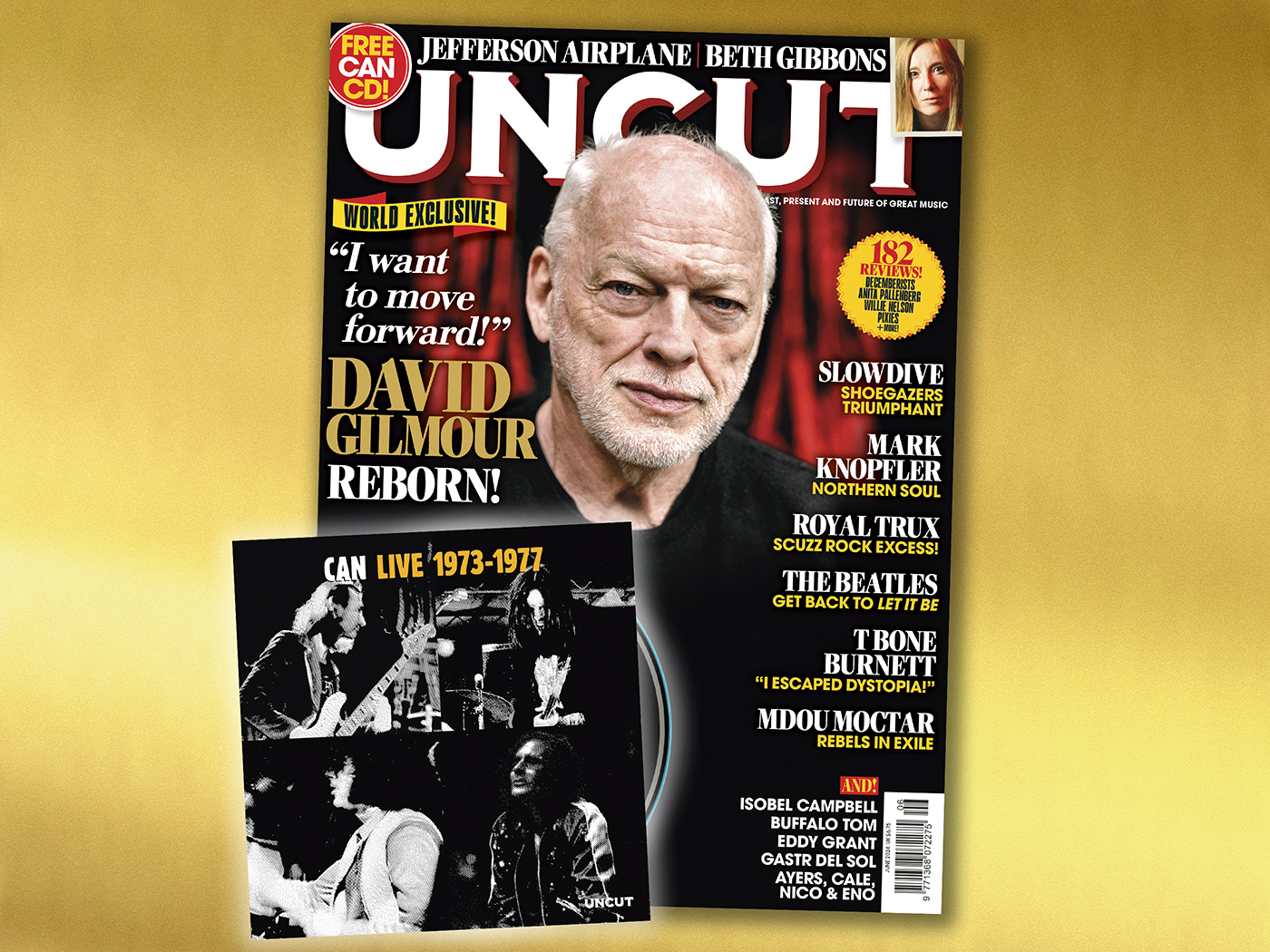
Fifteen years on, José González is still primarily known, to the tune of 342 million Spotify plays, for his cover of Heartbeats by fellow Swedes The Knife. Much of its initial popularity was down to an appearance on Sony Bravia’s memorable ‘coloured balls’ TV ad – exactly the kind of ‘sync’ every emerging artist (and their publishing company) would kill for. The single duly made the UK Top 10 and its parent LP Veneer went platinum, yet the introverted González was never really cut out for mainstream success.
- ORDER NOW: The Rolling Stones are on the cover of the November 2021 issue of Uncut
Subsequent covers of Bronski Beat’s Smalltown Boy and Kylie Minogue’s Hand On Your Heart, in which he masterfully extracted all of the earnest desolation not immediately apparent in the shiny Stock, Aitken & Waterman original, only served to pigeonhole him as the guy who did mopey acoustic versions of synth-pop songs. Neither of his two solo albums since then – nor two even-lower-key LPs with Junip – did much to change the narrative, at times giving the impression he’d rather be finishing his biochemistry PhD than singing in public for a living. But in the six years since Vestiges & Claws, during which time he’s become a father, González has decided that navel-gazing is no longer an option. In contrast to his previous output, Local Valley is positive, engaged, almost rousing. Inspired by humanist philosophy – he cites Alain De Botton and Daniel Dennett, among others – the lyrics espouse a clear-sighted, internationalist worldview based on love and reason.
González made his atheist beliefs clear when revealing that the title of lead single El Invento (The Invention) referred to the historical function of God. But he is careful not to infect the lyrics with hectoring certainty, instead – according to the handy translation accompanying the song’s YouTube video – elegantly chastising organised religion for refusing to accept “the enigmas of the universe” and “the strangeness of simply being”.
It is one of several numbers sung in Spanish for the first time in a concerted effort to reconnect with González’s South American heritage (his parents fled Argentina’s military junta in the mid-’70s), and the Latin feel spills over into the bouncy rhythms of several tracks. González hasn’t introduced any new instruments or players to the mix, unless you count the programmed beats; with typical frugality, these all emanate from a £5 iPad app. The album is still him alone, in a mobile studio in his summer house north of Gothenburg, stroking nylon-string guitars and multitracking his own voice for company. Yet the change in atmosphere is marked. His always inventive finger-picking is more expansive and fluid, his vocals less vexed, his melodies more direct. As a result, Visions might be the best song he’s written since his 2003 debut single Crosses. In it, a small choir of Josés deliver a trembling manifesto for how our ongoing, universal quest for meaning should be what unites rather than divides us (“Imagining the worlds that could be/Shaping a mosaic of fates”), holding back the chorus until three-quarters in, to maximise its soul-stirring impact: “Together,” he/they sing with calm reassurance, “we are here together”.
Equally peachy is the gentle bossa of Lasso In, but the real revelation here is Swing, an unabashed invitation to dance set to a highlife guitar figure and a thumping beat that González says was informed by Jamaican ragga, though it arguably ends up closer to reggaeton. Either way, at no point on his previous albums did José González ever seem in danger of exhorting you to “Swing what nature gave you/Swing and move like you don’t care” but it’s credit to the way he’s evolved here that, nine tracks into Local Valley, it doesn’t feel like a jarring move.
A similar beat propels Tjomme (sung in Swedish, making Local Valley a trilingual affair) but if the urge to dance has worn off by end of the album, a lingering sense of loved-up dippiness remains. Final track Honey Honey finds González singing about “sweet, sweet lips and your swaying hips” as birds twitter in the background. It might look a bit twee on paper, but in practice it’s reminiscent of how Van Morrison used to sublimate personal ecstasy into collective joy. These days of course, Morrison seems to be looking for someone to blame, whereas González offers positive, practical solutions to our current malaise – along with a general sense of empathy and good feeling that’s all the more precious for coming from a previously unlikely source.







